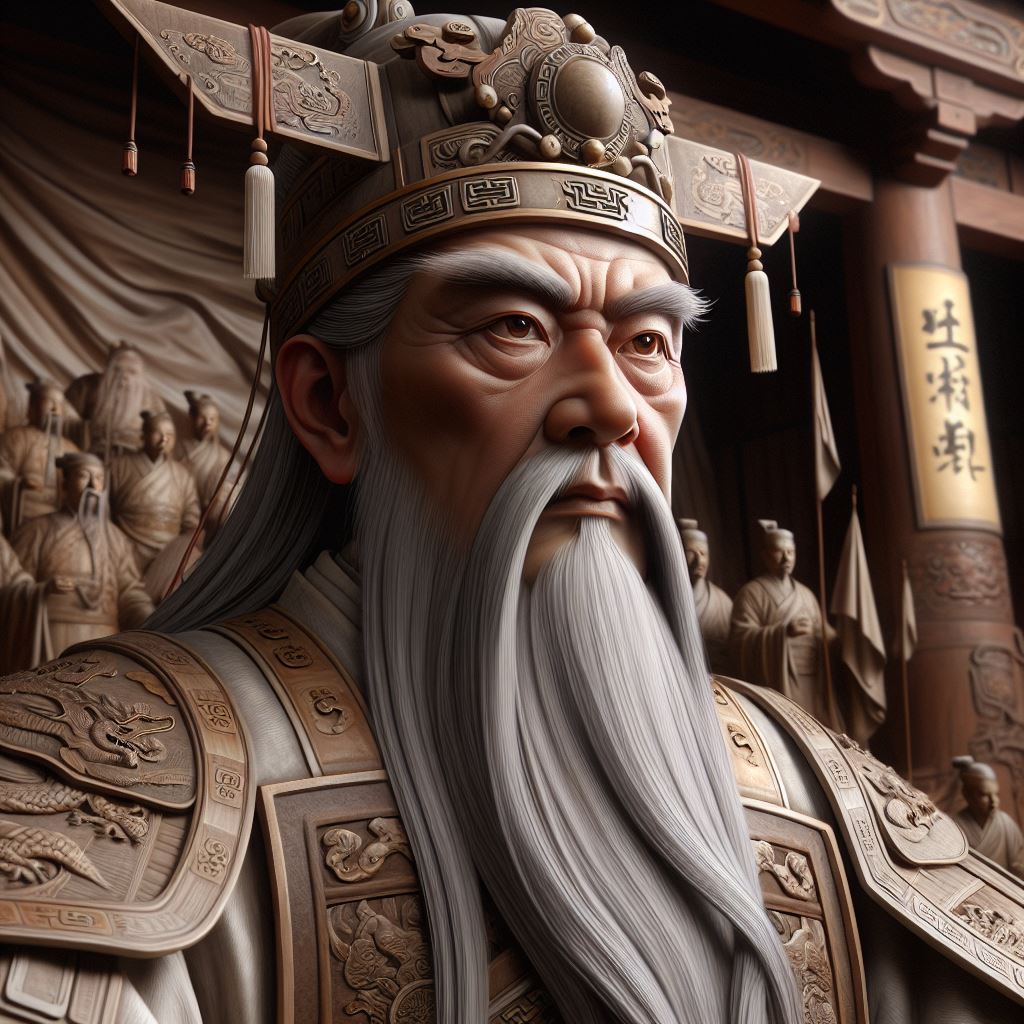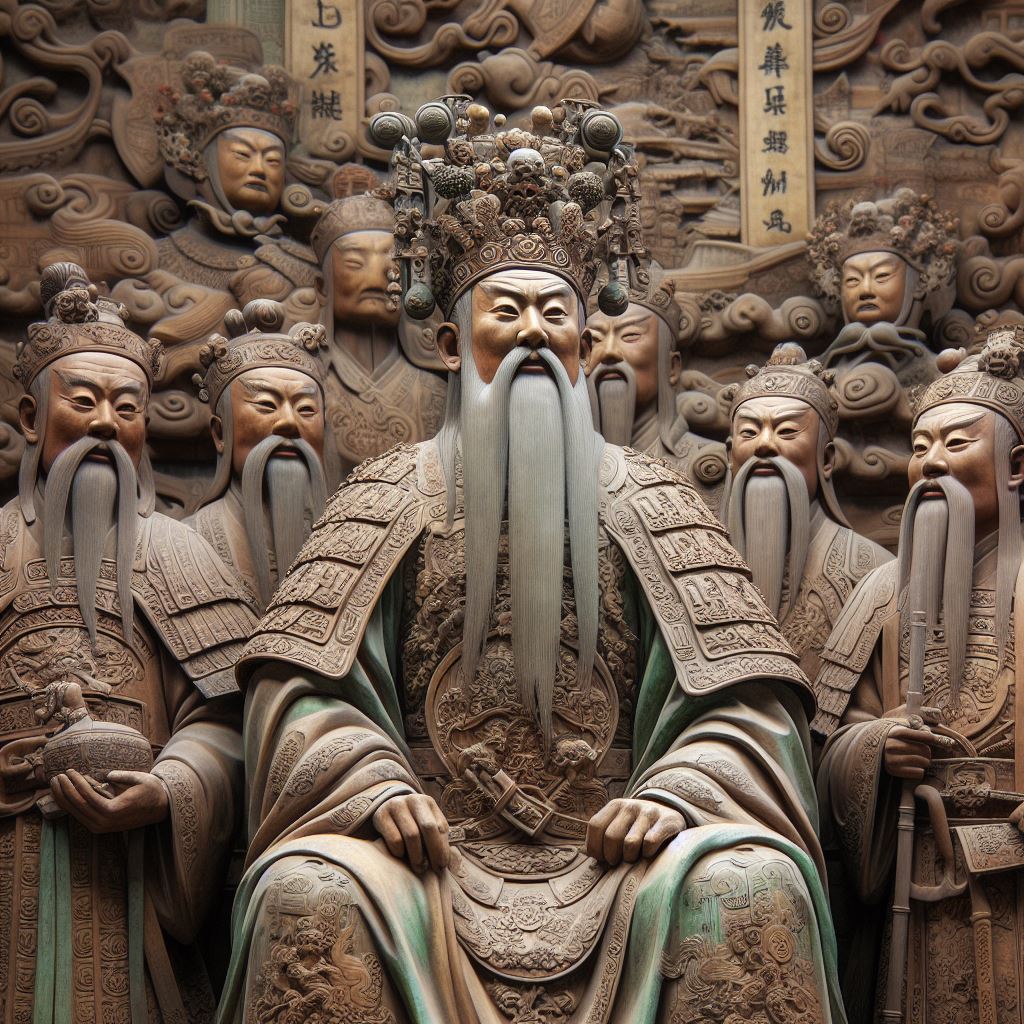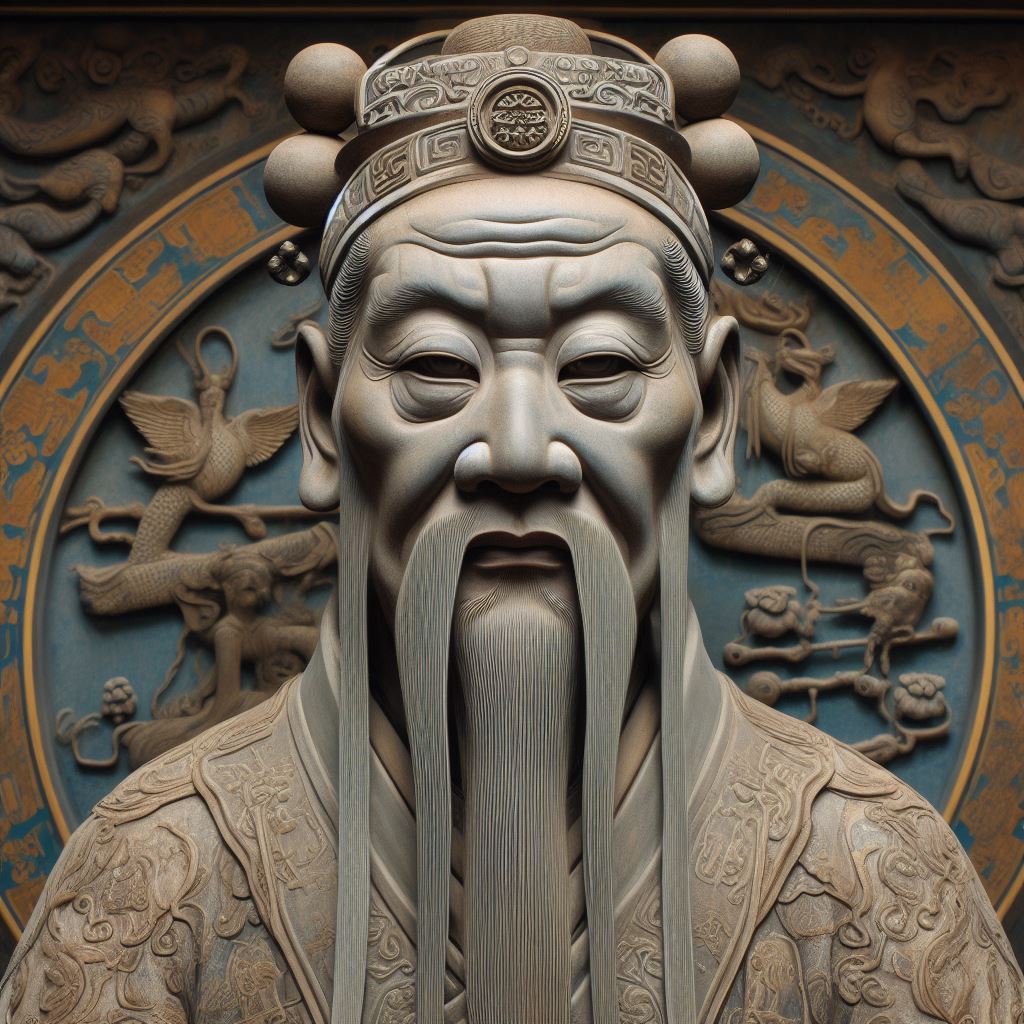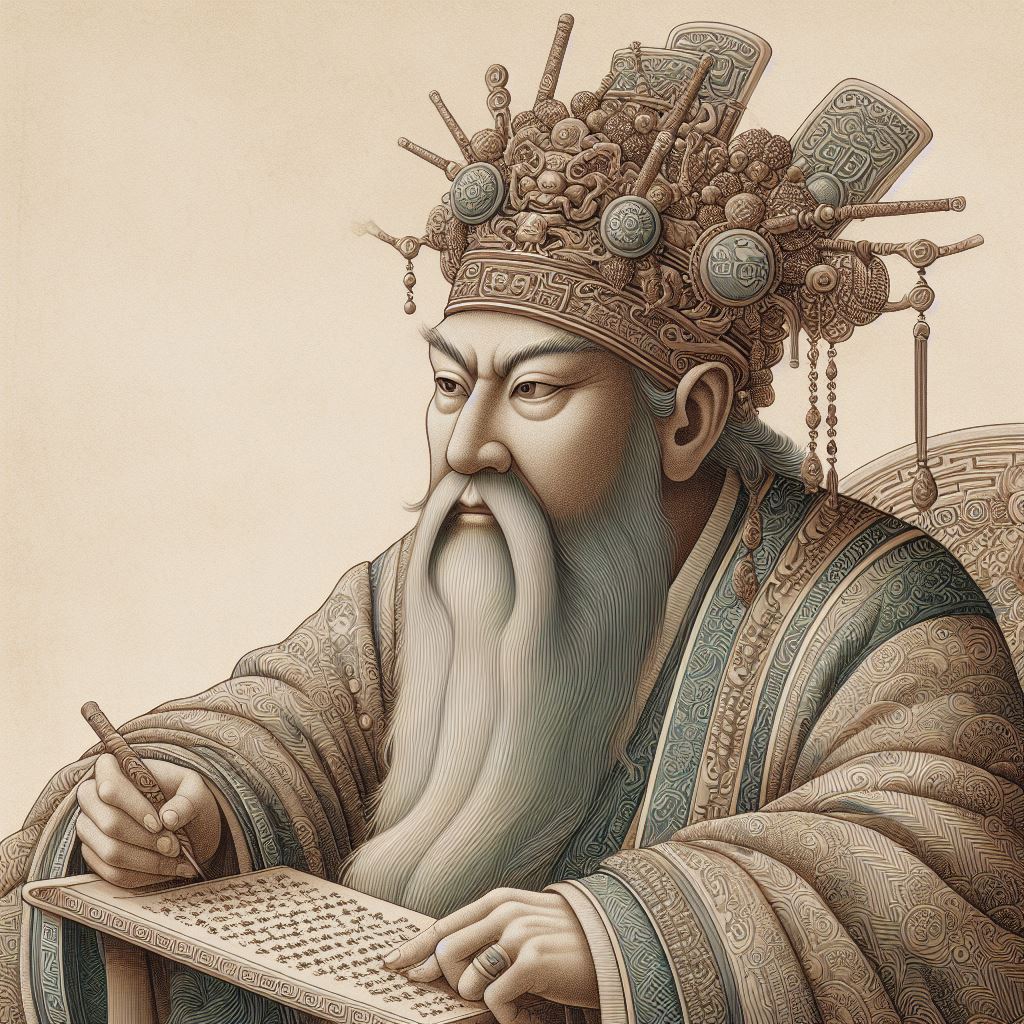北宋宰相賈似道的功與過。
賈似道(1033年-1096年)是北宋時期重要的政治人物,他的一生充滿了戲劇性的政治鬥爭和奮鬥。賈似道出生於山東臨清(今臨清市),是宋朝時期的名臣之一,也是世界第一部研究蟋蟀的書籍《促織經》的作者。
賈似道年輕時優秀出眾,早年曾在科舉考試中獲得優異成績,後來進入政府擔任官職。他在政治上展現出色的才能和精明的智慧,很快就升遷到要職,成為北宋政治的重要一員。
在宋仁宗年間,賈似道的政治地位達到巔峰。擔任過兵部尚書、右丞相等要職,對政治和軍事事務都有重要影響力。致力於整頓政治、推行改革,對於當時國家的發展和治理作出不錯的貢獻。並主持一系列的政治改革和軍事行動,例如整頓官僚體制、加強邊防防禦、穩定貨幣制度等,持續穩定宋朝的政治與經濟發展。
然而,賈似道的政治生涯並不一帆風順,也曾深陷於政治鬥爭之中。在他的晚年,由於與宰相寇準等人的政治立場和利益發生衝突,賈似道陷入困境,最終被貶謫到遠離京城的地方,並在1096年過世。
整體而言,賈似道在北宋政治舞台上扮演重要角色,在政治、軍事和改革等方面的貢獻雖然受到一些爭議,但他對於宋朝政治的影響和貢獻仍然是不可否認的。他的一生經歷政治的起伏和變遷,是宋朝歷史上一個極具代表性的政治人物。
賈似道與蒙古帝國的忽必烈簽訂的最著名的條約是《瓦剌和議》(又稱為《瓦剌之盟》或《襄陽和議》),這是一項於1259年達成的重要協議。
在這份條約中,南宋代表賈似道和蒙古帝國的大汗忽必烈達成一項協議,其中主要條款包括確定南宋與蒙古帝國之間的邊界,南宋承認蒙古帝國的領土主權,並同意向蒙古支付貢品,歲奉20萬兩銀和絹20萬匹。而蒙古帝國同意不再對南宋發動進攻,並保持和平。
協議中還涉及到一些貿易和交流的安排,有利於南宋和蒙古之間的經濟往來。
《瓦剌和議》的簽訂對於當時的南宋來說是一個保護性的協議,使得南宋得以暫時免於蒙古的直接侵略。然而,這份條約也暴露南宋與蒙古帝國實力懸殊的現實,南宋只能在強大的蒙古面前作出讓步。此外,這份條約並未解決南宋面臨的根本問題,最終南宋還是在1279年被元朝征服,避免不了亡國的命運。後世對其褒貶不一,有人認為忽必烈為爭奪大位,撤兵是不可避免,完全不需要簽定喪權辱國的協議。在《宋史》中賈似道被列為奸臣。
Jia Sidao (1033–1096) was an important political figure during the Northern Song Dynasty, and his life was filled with dramatic political struggles and endeavors. Born in Linqing, Shandong Province (present-day Linqing City), Jia Sidao was one of the notable statesmen of the Song Dynasty and also the author of the world's first book on cricket research, "Cuzhi Jing."
In his youth, Jia Sidao showed outstanding talent and achieved excellent results in the imperial examinations, leading to his entry into government service. He demonstrated remarkable abilities and keen intelligence in politics, quickly rising to prominent positions and becoming a key figure in Northern Song politics.
During the reign of Emperor Renzong of Song, Jia Sidao reached the pinnacle of his political career. He held important positions such as Minister of War and Right Chancellor, exerting significant influence on political and military affairs. He devoted himself to political reforms, contributing significantly to the country's development and governance by implementing measures such as bureaucratic reforms, strengthening border defense, and stabilizing the monetary system.
However, Jia Sidao's political career was not without challenges and setbacks. In his later years, conflicts of political stance and interests with figures like Prime Minister Kou Zhun led to his downfall. Eventually, he was demoted to a distant place away from the capital and passed away in 1096.
Overall, Jia Sidao played a crucial role on the political stage of the Northern Song Dynasty. Although his contributions in politics, military affairs, and reforms were subject to some controversy, his influence and contributions to Song Dynasty politics remain undeniable. His life experiences of political ups and downs represent a significant aspect of Song Dynasty history.
Jia Sidao's most famous treaty with the Mongol Empire was the "Treaty of Shangyang" (also known as the "Treaty of Wala" or "Treaty of Xiangyang"), reached in 1259.
In this treaty, representatives from the Southern Song Dynasty, including Jia Sidao, and the Mongol Empire's Great Khan Kublai Khan reached an agreement. The main provisions included the delineation of borders between the Southern Song and the Mongol Empire. The Southern Song acknowledged the territorial sovereignty of the Mongol Empire and agreed to pay tribute, offering 200,000 taels of silver and 200,000 pieces of silk annually. In return, the Mongol Empire agreed to cease military attacks against the Southern Song and maintain peace.
The treaty also included arrangements for trade and exchanges, benefiting economic interactions between the Southern Song and the Mongol Empire.
The signing of the Treaty of Shangyang was a protective agreement for the Southern Song at the time, temporarily shielding it from direct Mongol aggression. However, the treaty also exposed the vast power disparity between the Southern Song and the Mongol Empire, forcing the former to make concessions in the face of Mongol might.
Furthermore, the treaty failed to address the fundamental issues facing the Southern Song, ultimately leading to its conquest by the Yuan Dynasty in 1279 and the inevitable demise of the kingdom. Subsequent evaluations of the treaty vary, with some arguing that Kublai Khan's pursuit of the throne made the withdrawal of troops inevitable, rendering the treaty unnecessary. Jia Sidao was later categorized as a traitor in the "History of the Song Dynasty."




照片:DALLE3
- 1
- 2
- 3
- 4
